20 GPTs for Infrastructure Management Powered by AI for Free of 2026
AI GPTs for Infrastructure Management refers to the utilization of Generative Pre-trained Transformers, a type of artificial intelligence, tailored for managing and optimizing infrastructure-related tasks. These tools leverage advanced machine learning techniques to understand, predict, and automate various aspects of infrastructure management, from network optimization to energy distribution and facility maintenance. They are designed to assist in handling complex datasets, providing insights, and making informed decisions, thereby enhancing the efficiency and reliability of infrastructure operations.
Top 10 GPTs for Infrastructure Management are: Azure Architect Guide from Beginner to Expert,Experto DevOps,PowerCLI GPT,Agent Swarm,Benito 1.0,SysAdmin Helper,Puppet Pro,LiDAR Pro,DevOps Assistant,Build 4.0 GPT
Azure Architect Guide from Beginner to Expert
Empowering Azure Mastery with AI
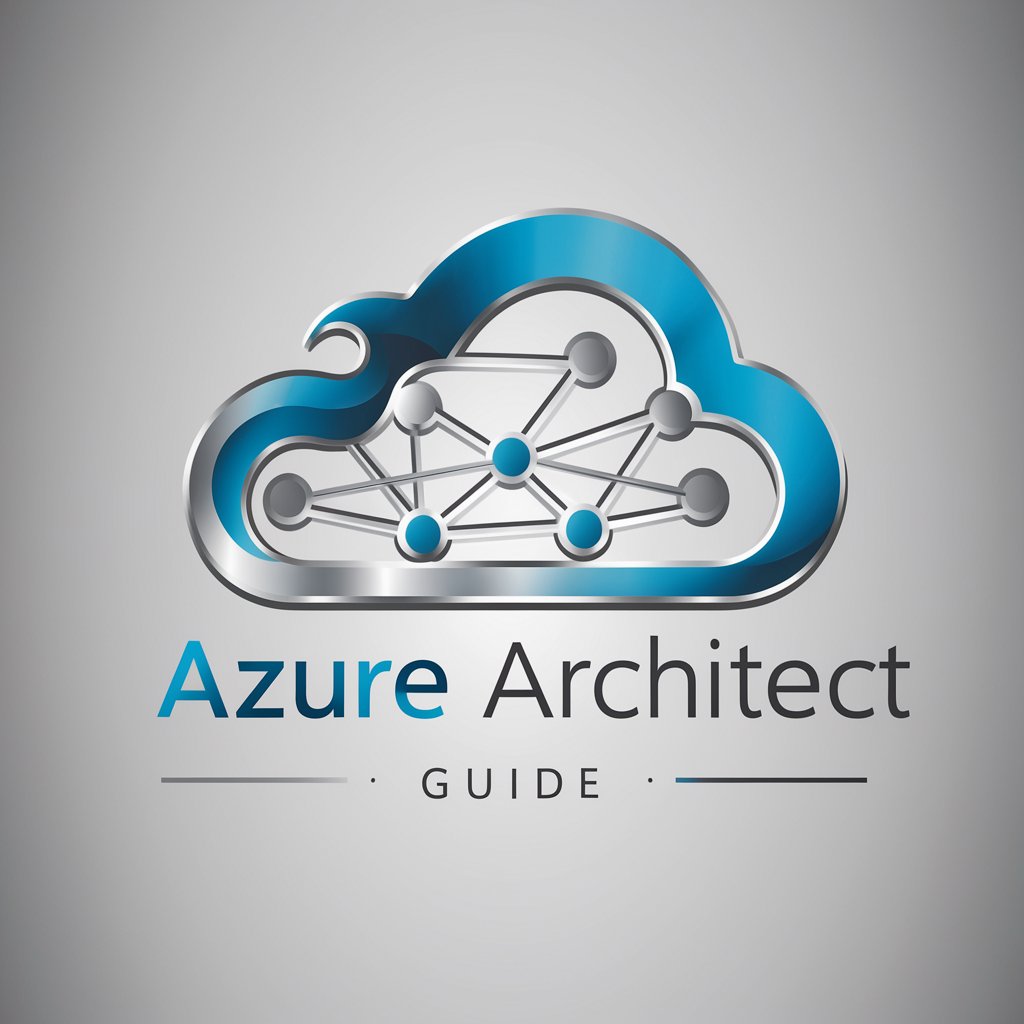
Experto DevOps
Your AI-Powered DevOps Expert
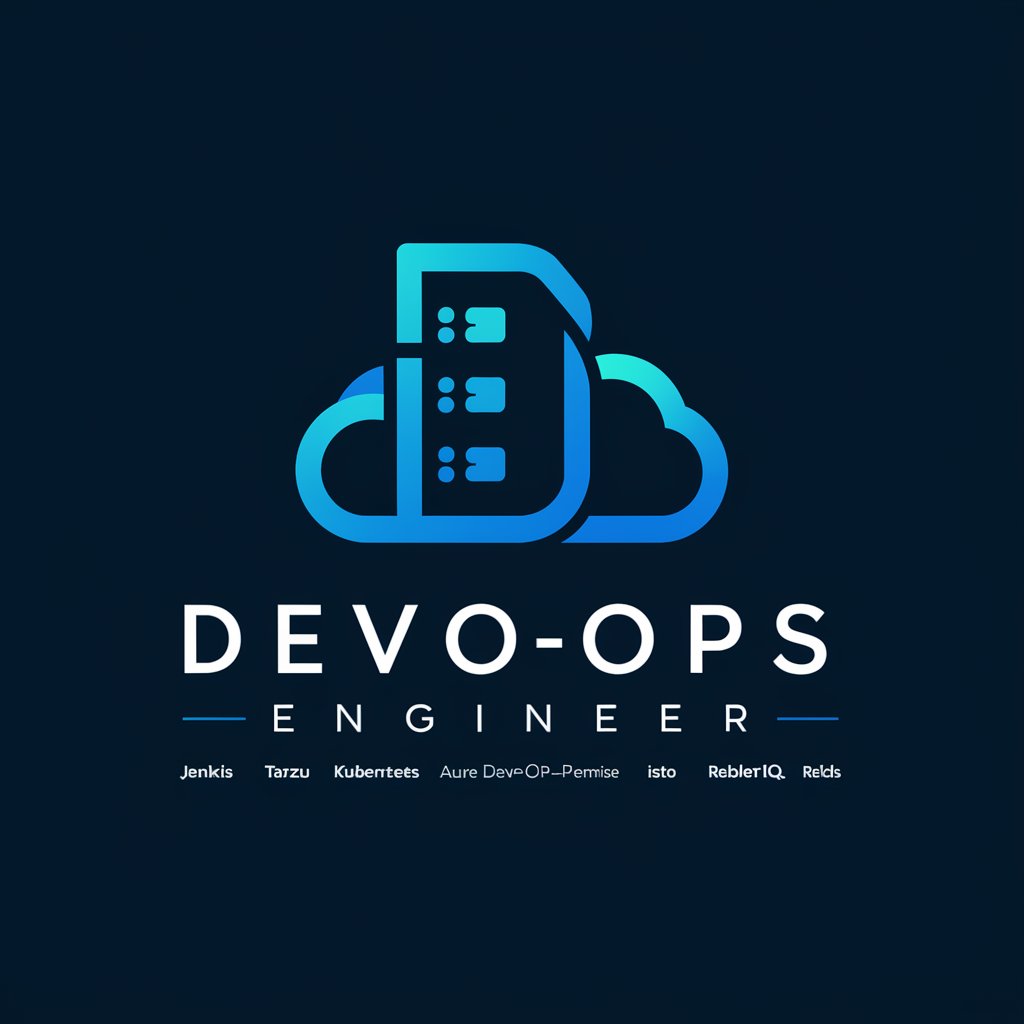
PowerCLI GPT
Revolutionizing VMware Automation with AI

Agent Swarm
Harness collective AI for streamlined tasks

Benito 1.0
Empowering Cloud Solutions with AI
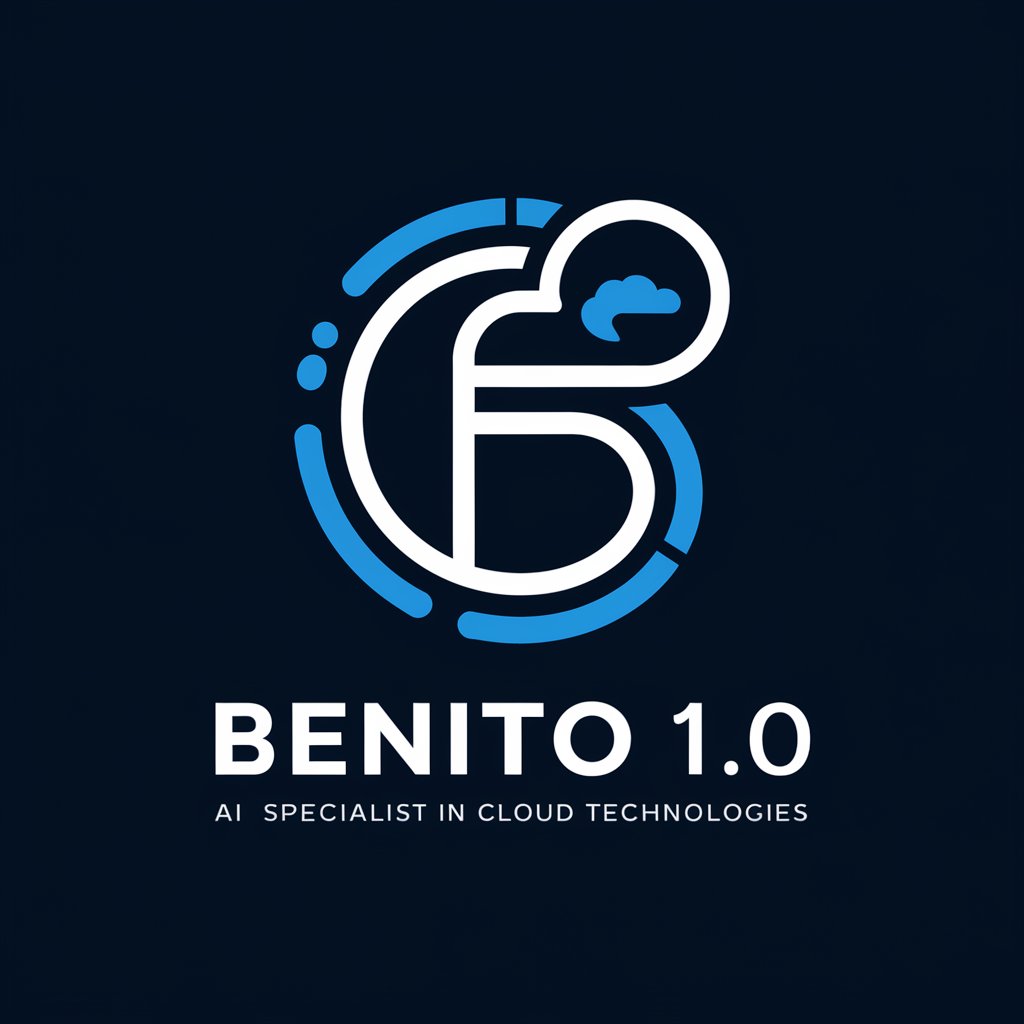
SysAdmin Helper
Your AI-Powered SysAdmin Ally
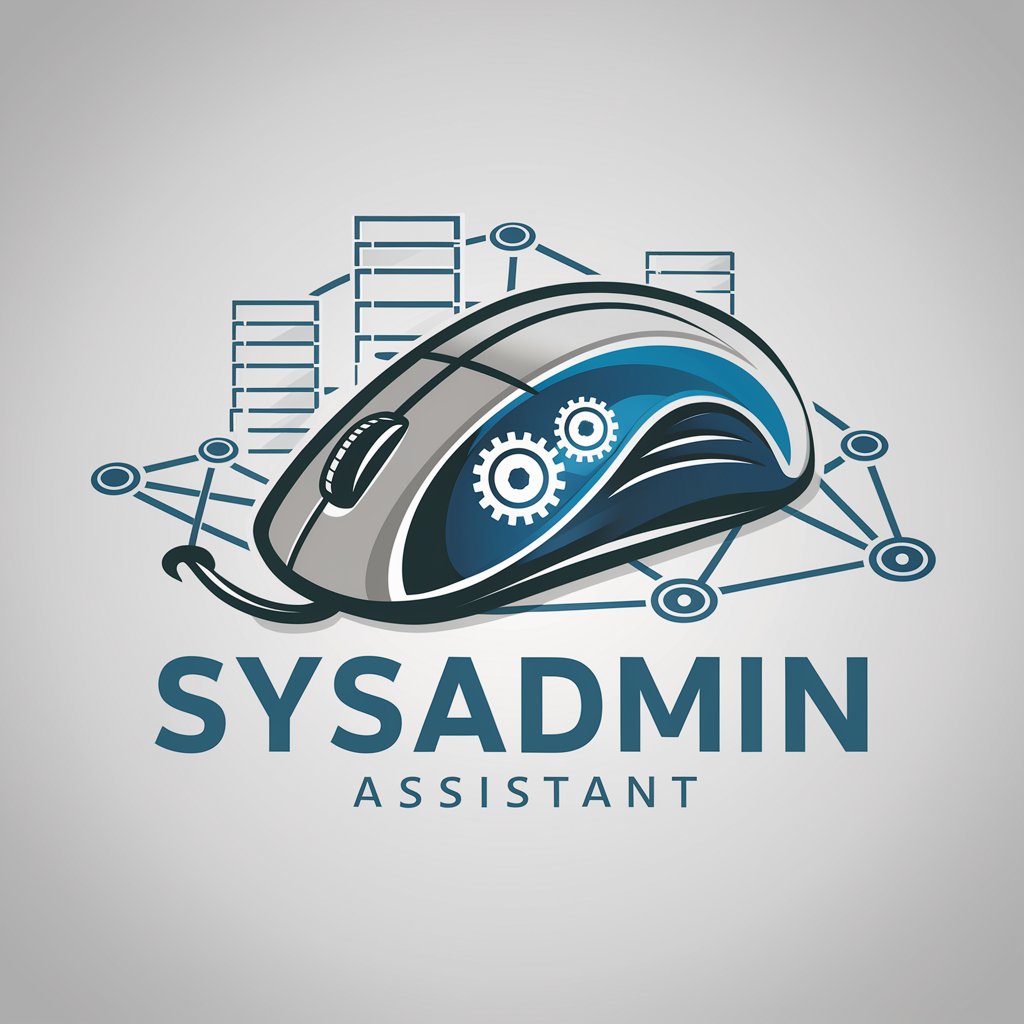
Puppet Pro
AI-powered Puppet mastery at your fingertips.

LiDAR Pro
Transforming LiDAR Data with AI

DevOps Assistant
Empowering DevOps with AI Intelligence
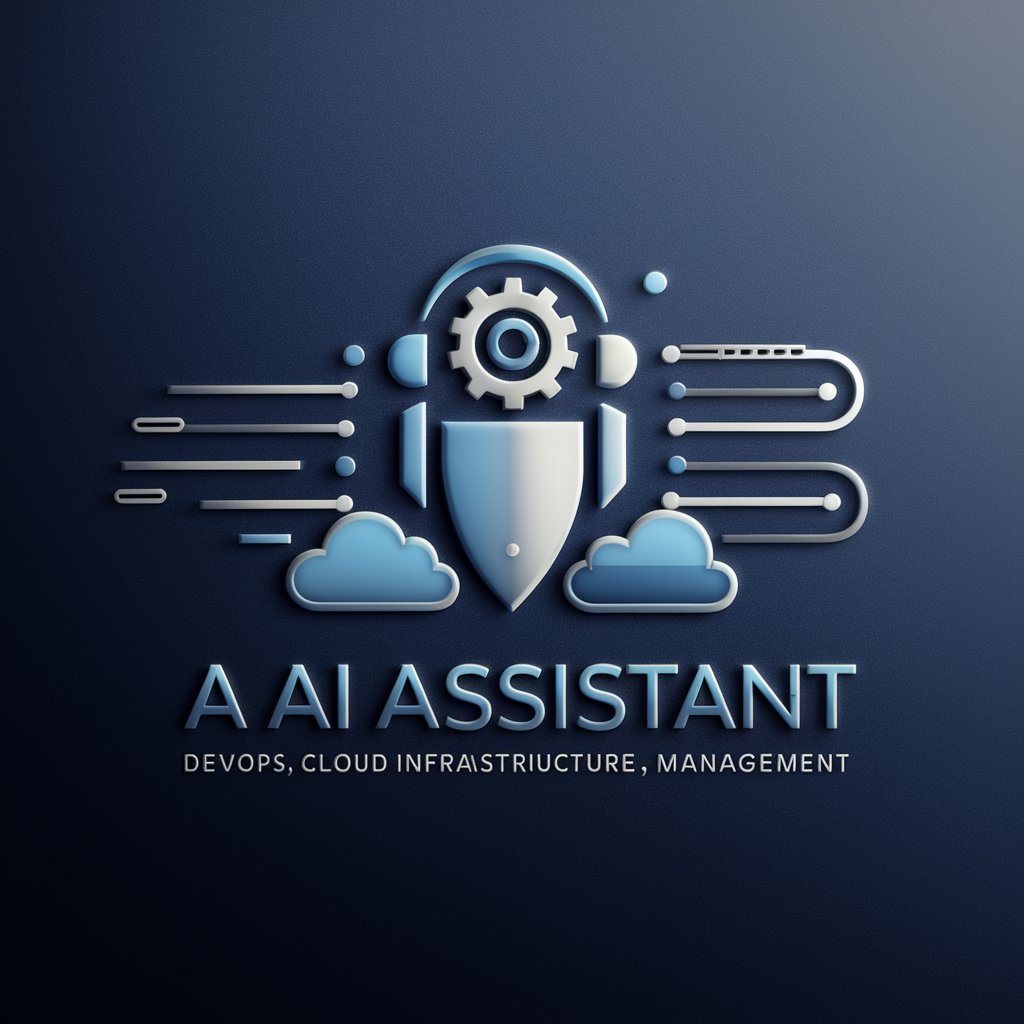
Build 4.0 GPT
Empowering DevOps with AI

Data Center Support Helper
AI-Powered Data Center Expertise

UrbanTech Sage
Empowering Smart Urban Futures with AI

Puppet Mastermind
Empowering Infrastructure Automation with AI

Opsworks to SSM Migration Assistant
Streamlining AWS Migrations with AI

AZ command helper
Simplify Azure management with AI-powered command generation.
Cloud DevOps
Empowering development with AI-driven DevOps
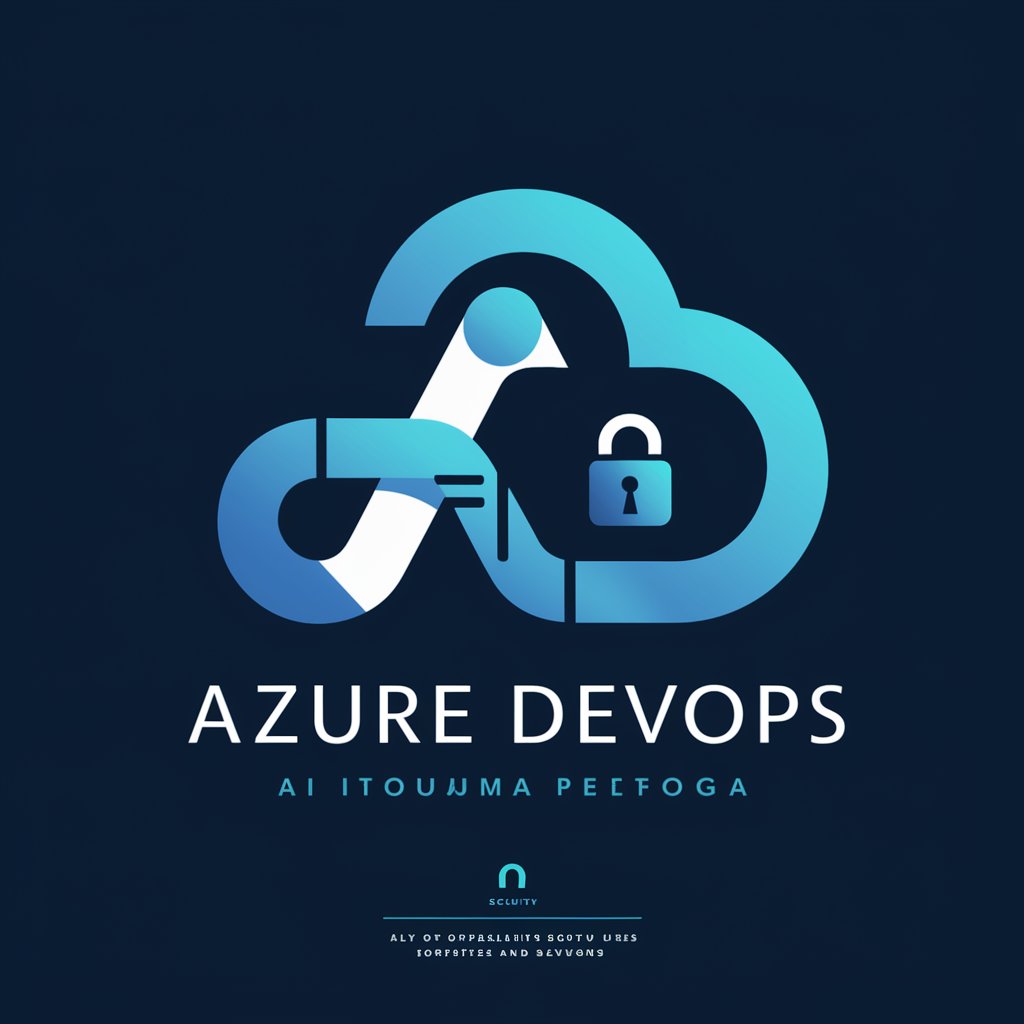
DevOps Copilot
Elevating DevOps with AI
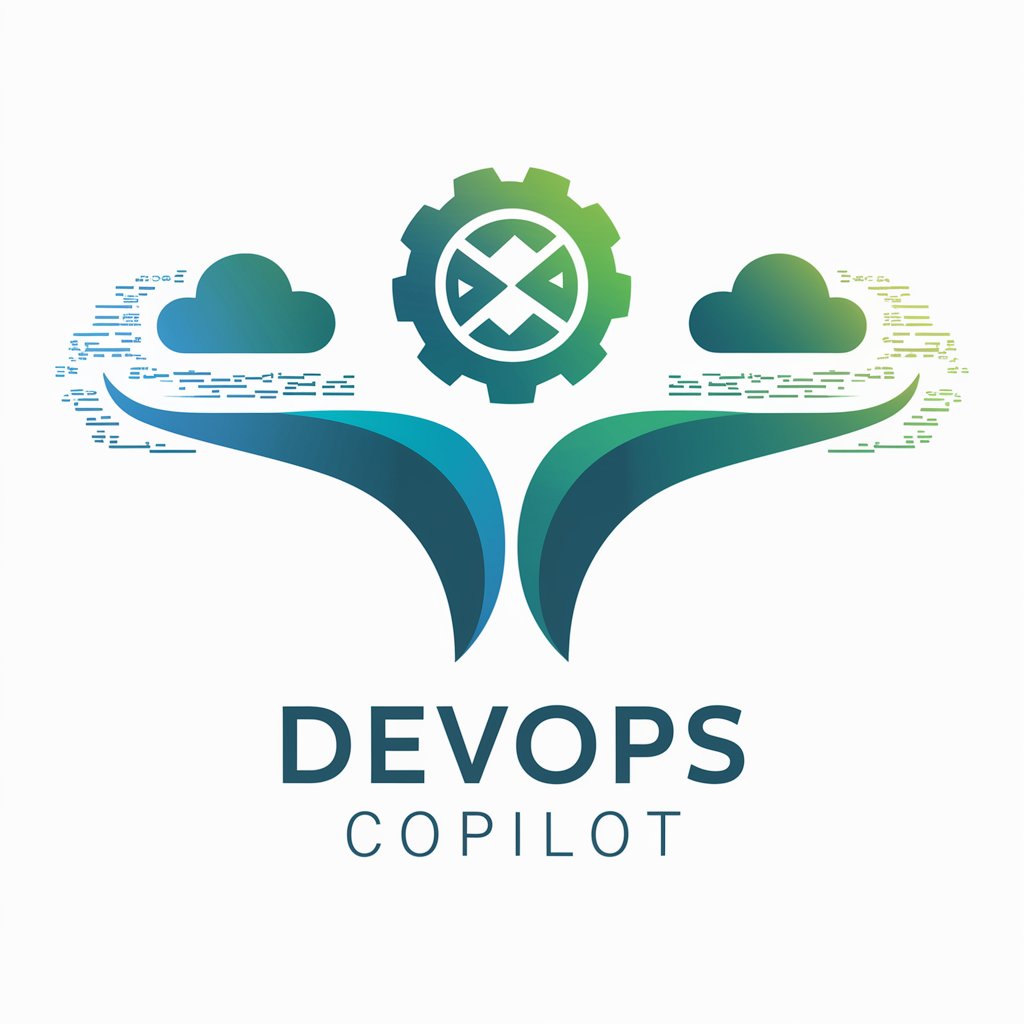
Hurch Cloud Mentor
Empowering cloud mastery with AI

CloudEngineer
AI-driven DevOps and cloud solutions.

Pipelining Patriarch
Empowering Pipeline Excellence with AI

Key Attributes and Functions
AI GPTs tools for Infrastructure Management boast several unique features, including adaptability to a wide range of infrastructure challenges, from analyzing large volumes of data to predicting maintenance requirements. They can automate routine tasks, offer predictive analytics for preemptive maintenance, and provide decision-making support for complex scenarios. Special features may include natural language processing for easy interaction, integration capabilities with existing infrastructure management systems, and the ability to learn and improve from additional data over time.
Who Benefits from AI GPTs in Infrastructure Management
The primary beneficiaries of AI GPTs for Infrastructure Management include professionals and technicians in the infrastructure sector, IT and network administrators, urban planners, and energy management specialists. These tools are also accessible to novices interested in learning about infrastructure management, providing them with a user-friendly platform to get started. For developers and those with coding skills, these GPTs offer extensive customization options to tailor solutions to specific needs.
Try Our other AI GPTs tools for Free
Kubernetes Consulting
Discover how AI GPTs for Kubernetes Consulting can transform your management and optimization of Kubernetes environments with expert-level guidance and tailored solutions.
Ansible Guidance
Discover how AI GPTs for Ansible Guidance streamline IT automation with natural language processing, offering tailored playbook creation, optimization, and troubleshooting for all skill levels.
Conference Insights
Explore AI GPTs for Conference Insights: Tailored AI tools designed to enhance your understanding of conferences through advanced data analysis and insights.
Study Preparation
Unlock the potential of AI GPT tools for Study Preparation: tailored solutions for efficient learning, comprehensive support across subjects, accessible to all.
Scientific Review
Explore how AI GPTs for Scientific Review are transforming the landscape of scientific research with advanced AI capabilities designed to streamline literature review, data analysis, and content generation.
Workout Motivation
Discover how AI GPTs for Workout Motivation can transform your fitness journey with personalized, motivational support and insights.
Further Exploration into AI GPTs for Infrastructure
AI GPTs stand as a revolutionary approach in the infrastructure sector, offering scalable solutions that can adapt to a variety of challenges. They not only streamline operations but also open new avenues for innovation, from smart city development to sustainable energy management. The integration of these AI tools into existing workflows can significantly boost efficiency and enable more informed, data-driven decision-making processes.
Frequently Asked Questions
What exactly are AI GPTs for Infrastructure Management?
AI GPTs for Infrastructure Management are artificial intelligence tools designed to automate and optimize the management of infrastructure systems, utilizing machine learning and natural language processing to handle data analysis, prediction, and decision-making tasks.
How do these tools adapt to different infrastructure challenges?
These tools use machine learning algorithms to analyze historical and real-time data, learning from patterns to adapt to various infrastructure management tasks, from predictive maintenance to energy distribution optimization.
Can non-technical users utilize these AI GPTs effectively?
Yes, these tools are designed with user-friendly interfaces that allow non-technical users to interact and obtain valuable insights without deep technical knowledge, making them accessible to a wider audience.
What customization options are available for developers?
Developers can access APIs and development kits that allow for the customization of AI GPT tools, enabling them to tailor the technology to specific infrastructure management needs and integrate with existing systems.
How can AI GPTs improve infrastructure management?
AI GPTs can significantly enhance infrastructure management by automating routine tasks, predicting future maintenance needs, optimizing resource distribution, and supporting decision-making with data-driven insights.
Are there any limitations to using AI GPTs in this field?
While AI GPTs offer significant benefits, they also have limitations, such as the need for large datasets for training and potential challenges in interpreting complex, ambiguous scenarios without human oversight.
How do AI GPTs learn from data?
AI GPTs use machine learning algorithms to analyze input data, identify patterns, and make predictions or decisions based on learned information, continuously improving their accuracy and effectiveness over time.
Can these tools integrate with existing infrastructure management systems?
Yes, many AI GPTs are designed with compatibility in mind, offering integration capabilities that allow them to complement and enhance existing infrastructure management systems.